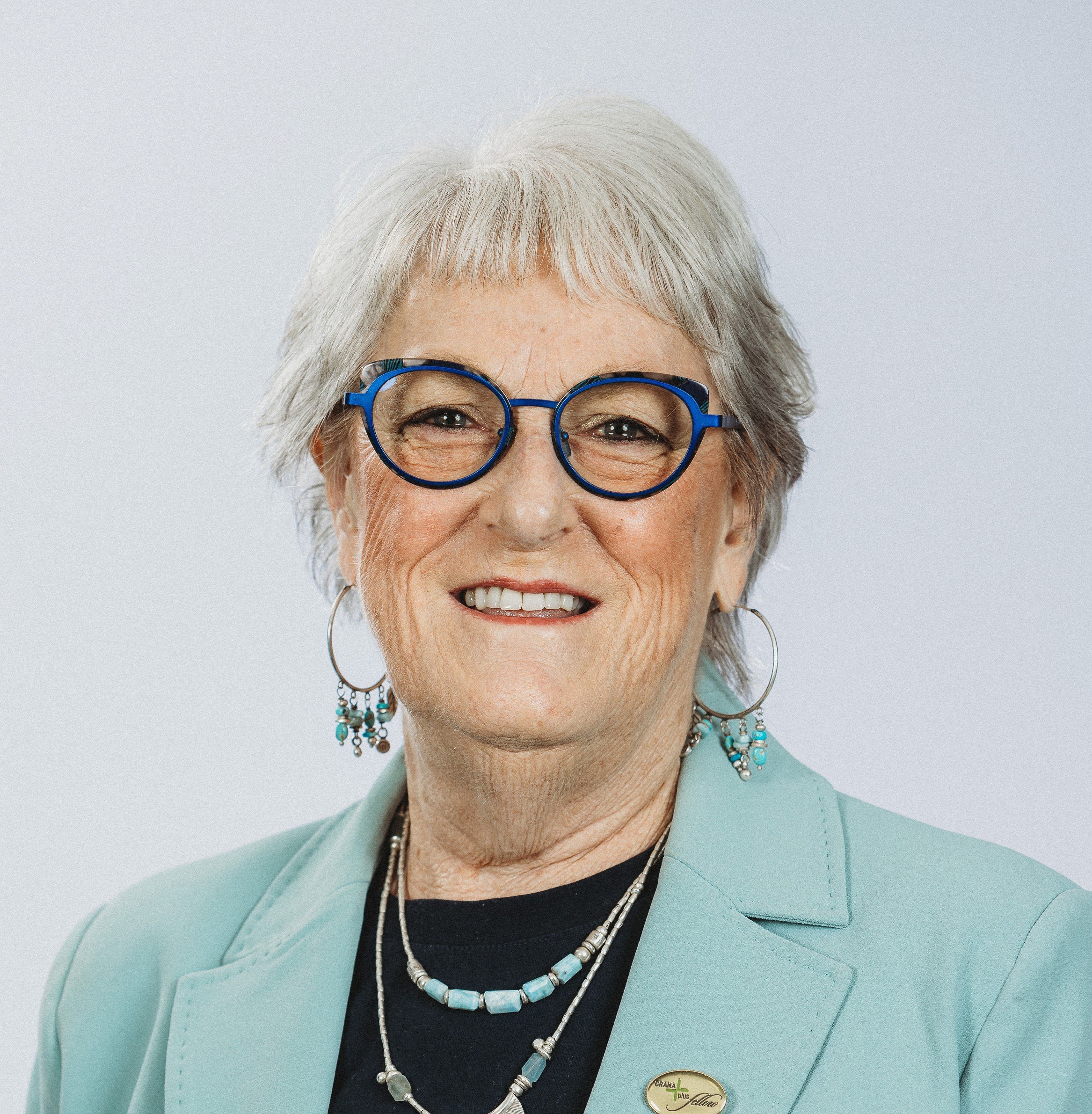This site may not work properly using older versions of Edge and Internet Explorer. You should upgrade your browser to the latest Chrome, Firefox, Edge, Safari, or any other modern browser of your choice. Click here for more information.
Heather Keighley
Chief Remote Area Nurse
Heather brings a wealth of experience in rural and remote healthcare spanning grassroots clinical practice, senior leadership, and national health policy development. Her distinguished career has included pivotal roles as Chief Nursing and Midwifery Officer for the Northern Territory Department of Health, Executive Manager Health Workforce at Northern Territory Primary Health Network, and Director of Nursing and Midwifery for Top End Health Service.
Currently serving as Chairperson of the National Rural Health Alliance, where she has been a dedicated Board member since June 2020, Heather also holds the position of Vice-President and Board Director of the Australian College of Nursing. She represents ACN as a Board Director for the newly formed peer support organisation, Nurse Midwife Health Program Australia.
Holding a Bachelor of Nursing Science from Charles Darwin University and a Master of International Health Management from the University of New England, Heather has demonstrated a deep commitment to advancing rural and remote health outcomes throughout her career.
A long-standing CRANAplus Member and Fellow, Heather joined the organisation as Senior Policy Adviser in December 2021, where she has been instrumental in strengthening advocacy efforts and collaborative relationships with peak nursing bodies and the broader remote health sector. Under her policy leadership, CRANAplus recently released an ambitious workforce pipeline plan to deliver 1,000 nationally accredited nurses and midwives prepared for rural and remote practice by 2031.
As CRANAplus’s inaugural Chief Remote Area Nurse, Heather will lead national advocacy, shape evidence-based policy, and promote professional practice standards to improve health outcomes for Australia’s most isolated communities.
